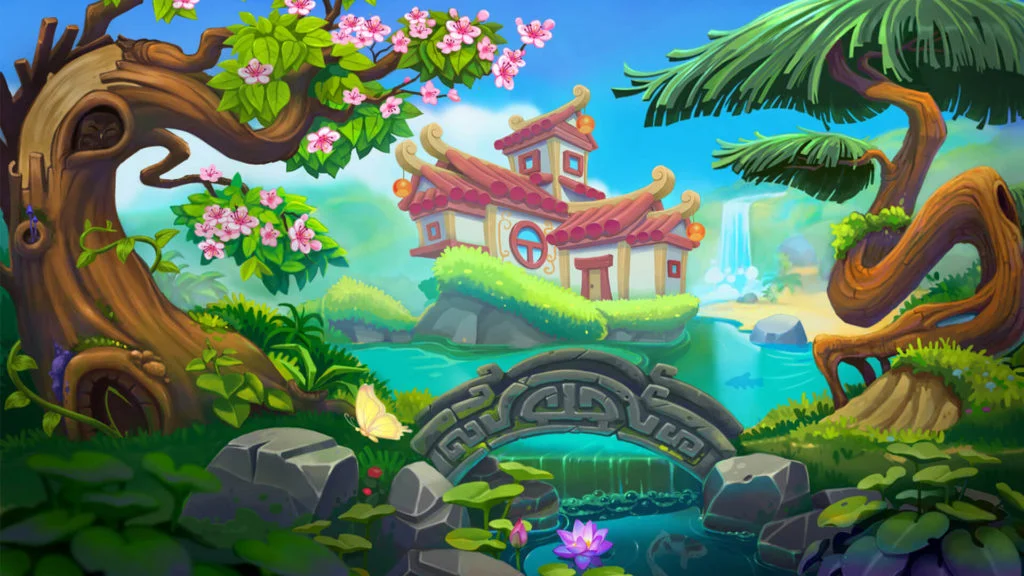
In the vast world of gaming, factions play a crucial role in shaping the player’s experience. Whether they are fighting for power, resources, or simply following a different set of beliefs, factions with competing philosophies can add depth and complexity to a game’s narrative. Designing these factions requires careful planning and consideration to ensure they are well-developed and engaging for the player.
Creating factions with competing philosophies can be a challenging task, but when done right, it can elevate the gameplay experience to a whole new level. By pitting these factions against each other, players are forced to make difficult decisions that have consequences on the game world and the story. This creates a dynamic and immersive experience that keeps players engaged and invested in the game’s world.
When designing factions with competing philosophies, it is important to consider how each faction’s beliefs and values shape their goals and motivations. Are they fighting for survival, power, or a higher cause? What are the core principles that drive their actions and decisions? By understanding the underlying philosophies of each faction, developers can create more nuanced and believable characters that feel authentic and compelling.
One of the key elements of designing factions with competing philosophies is to create a sense of moral ambiguity. By presenting players with conflicting viewpoints and ideologies, developers can challenge them to think critically about the choices they make in the game. Do they align themselves with the faction that promises power and wealth, or do they choose the faction that stands for justice and equality? These moral dilemmas add depth and best minecraft hosting for mods complexity to the gameplay experience, forcing players to consider the consequences of their actions.

Another important aspect of designing factions with competing philosophies is to create a sense of tension and conflict between them. By highlighting the differences in beliefs and values, developers can create a compelling narrative that drives the player’s choices and actions. This conflict can manifest in various ways, from political intrigue and sabotage to all-out war and destruction. By weaving these elements into the game’s story, developers can create a rich and immersive world that players can explore and engage with.
In addition to creating tension and conflict, developers must also consider the impact of player choices on the game world and the factions themselves. By allowing players to align themselves with different factions and make decisions that affect the outcome of the story, developers can create a dynamic and ever-changing gameplay experience that keeps players coming back for more. Whether it’s choosing to support one faction over another or forging alliances with multiple factions, players should feel like their choices have real consequences in the game world.
When designing factions with competing philosophies, developers must also consider the gameplay mechanics that support these narrative elements. By designing quests, missions, and challenges that reflect the beliefs and values of each faction, developers can create a cohesive and immersive experience that resonates with players. From stealth missions and political negotiations to epic battles and showdowns, the gameplay should align with the factions’ philosophies and add to the overall narrative arc of the game.
In conclusion, designing factions with competing philosophies is a complex and rewarding endeavor that requires careful planning and consideration. By creating factions with distinct beliefs and values, developers can add depth and complexity to the game’s narrative, forcing players to make difficult choices that have real consequences. By creating tension and conflict between factions, developers can create a compelling and immersive world that keeps players engaged and invested in the game. Ultimately, by designing factions with competing philosophies, developers can create a rich and dynamic gameplay experience that resonates with players and keeps them coming back for more.